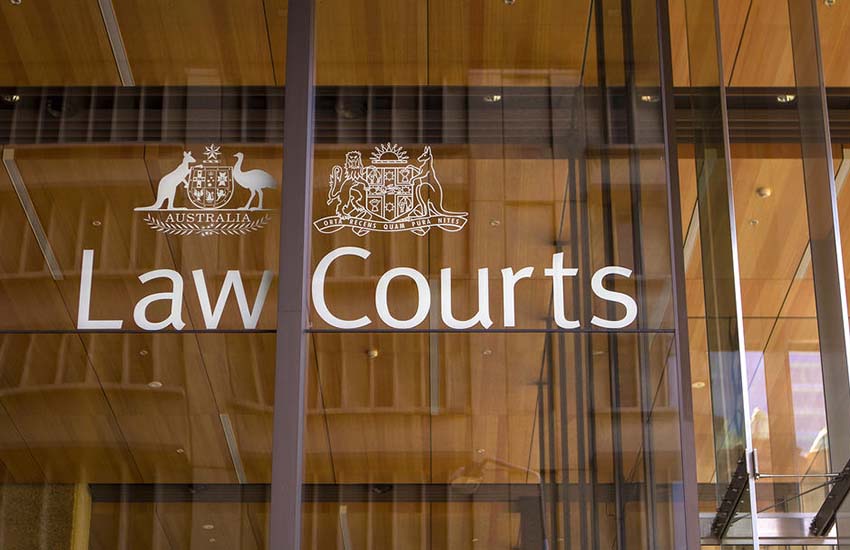However, the ATO fundamentally believes that a backdated ABN fails to meet the point-in-time test of holding an active ABN on 12 March 2020 for the purposes of the JobKeeper rules, and has now lodged an appeal to the Full Federal Court to reverse the ruling.
You’re out of free articles for this month
The ATO has also sought for the appeal to be expedited, and will hold off from finalising appeals and objections for similarly affected taxpayers in the meantime.
“While the appeal outcome is pending, we will continue to resolve matters where an eligible business participant’s eligibility can be determined in a manner favourable to them,” the ATO said.
“However, we will not pre-emptively finalise decisions in circumstances where we determine a client does not satisfy the eligibility criteria but consider they might become eligible depending on the views of the Full Federal Court on the issues in this case.
“Where the client would like us to make a decision prior to the Full Federal Court appeal decision, we will apply the current ATO view for sole traders and partnerships, trusts and companies.”
The facts of the case
The JobKeeper test case centred around whether Mr Apted had held an active ABN on or before 12 March 2020 — an integrity rule contained in the $90 billion wage subsidy scheme.
Mr Apted, a specialist retail valuer, had held an ABN since 2012 but cancelled it in 2018 as he sought retirement.
He resumed work in September 2019 but failed to reactivate his ABN because he mistakenly assumed that he only needed one if he was required to be registered for GST.
When COVID-19 struck, Mr Apted reactivated his ABN and applied for JobKeeper, but was knocked back because he missed the 12 March 2020 deadline, prompting him to reach out to the Australian Business Registrar to backdate his ABN reactivation to 1 July 2019.
The AAT ruled that it effectively made him eligible for JobKeeper, noting that the Registrar was satisfied with Mr Apted’s business evidence in backdating the date of effect of registration.
“The ABN Act explicitly authorises the Registrar to determine a date of effect that predates the application for registration where he is satisfied it is appropriate to do so,” said AAT president Justice David Thomas and deputy president Bernard McCabe.
“We are satisfied Mr Apted was not even aware of the disincentive posed by the no-ABN rules. He certainly did not make a decision to persist in business without an ABN until he became aware of the JobKeeper scheme.
“We are satisfied the applicant is the kind of person who was intended to benefit from the JobKeeper scheme. While his business was small and his income irregular, he still satisfies all of the eligibility criteria.”
However, the ATO is now pushing back because it believes that a backdated ABN fails to meet the point-in-time test of holding an active ABN on 12 March 2020 for the purposes of the JobKeeper rules.
Uncertainty awaits
Holding Redlich senior tax controversy partner Sue Williamson, who will continue to represent Mr Apted in the appeal, said the ATO’s decision to escalate the issue would disappoint taxpayers who were previously buoyed by the tribunal’s decision.
“What it essentially means is uncertainty for those who have been denied JobKeeper,” Ms Williamson told Accountants Daily.
“When we had the first decision of the tribunal, many taxpayers thought that it was a positive sign that the ATO’s decision would be reversed, whereas now they need to wait for the Full Federal Court hearing.
“My concern is that there are tight deadlines for lodging objections, and filing appeals in the tribunal or the court… and if people aren’t aware of it, or can’t afford to file, they could lose their rights. It is very much about being aware of your rights and doing everything possible to protect them so you keep your claims alive.”
While the ABN requirement also appears for the boosting cash flow program, Ms Williamson said the result of the appeal would have wider ramifications beyond the two support measures.
“This isn’t just about JobKeeper because there was a lot of relief that was provided during COVID-19 that was connected to JobKeeper eligibility,” Ms Williamson said.
“A lot of the state governments gave out grants and connected all their relief to JobKeeper entitlement.
“It’s not just a JobKeeper issue, there’s a lot riding on it.”
 Login
Login







